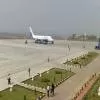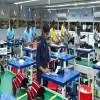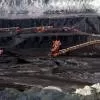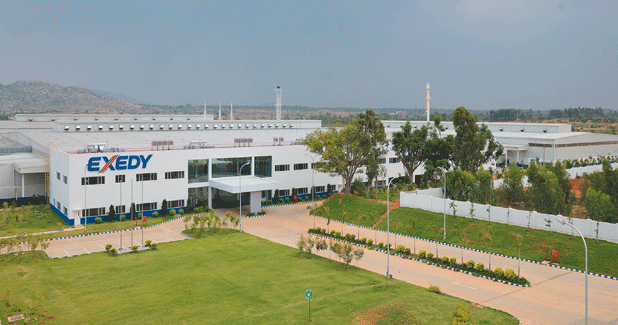
Government projects are a large source of revenue for us
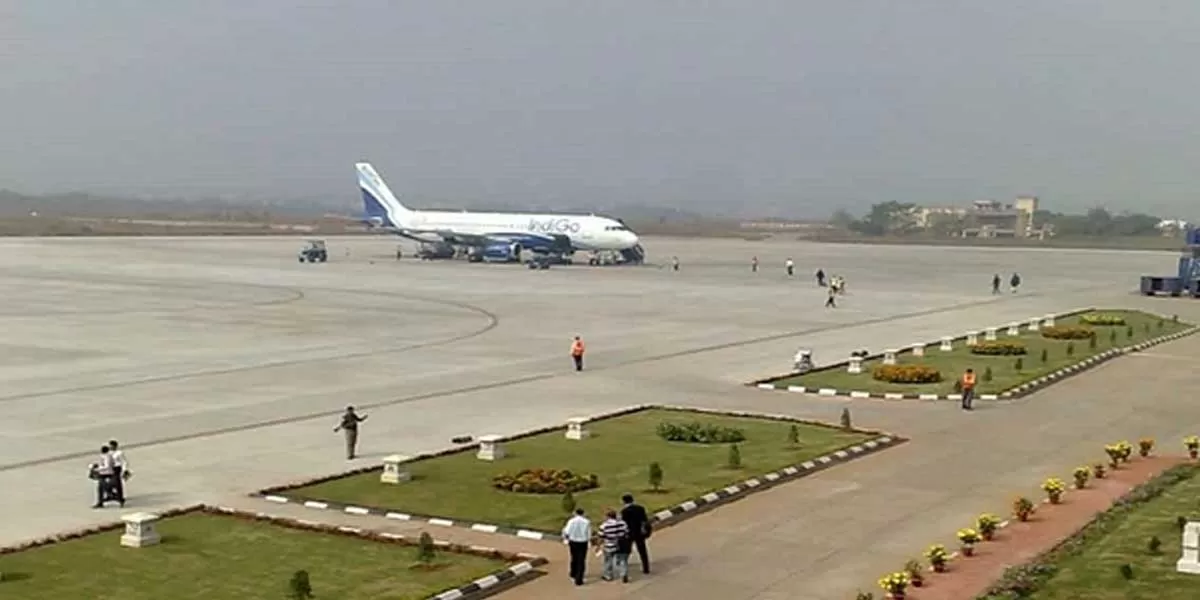
Warangal Airport Project on Track for Timely Completion
Telangana has consistently experienced rapid growth since its formation, with a notable 70% increase in economic output over the past decade, driven primarily by the services sector concentrated around Hyderabad. However, regional disparities have led to uneven development across districts. In an effort to address this imbalance, the Telangana government has earmarked Rs 205 crore for the construction of an airport at Mamnoor, near Warangal. This will be the state's second airport, as it currently only has one, while neighboring Andhra Pradesh has more. The airport, capable of handling aircraf..
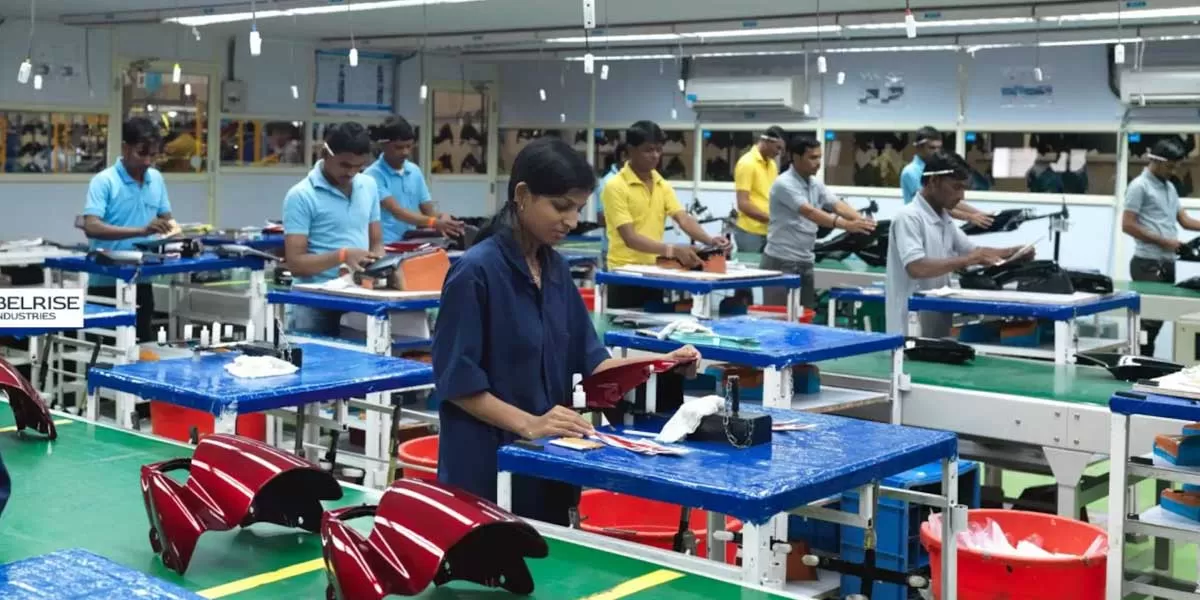
Belrise Industries Plans Rs 2,150 Crore IPO to Reduce Debt
Indian automotive component manufacturer Belrise Industries has filed its draft red herring prospectus (DRHP) with the Securities and Exchange Board of India (Sebi) to raise Rs 2,150 crore through an initial public offering (IPO). The offering will be entirely a fresh issue of shares, with no offer for sale (OFS) component. The company is also considering a pre-IPO placement of up to Rs 430 crore, which could reduce the final size of the issue. Belrise plans to utilize Rs1,618 crore of the IPO proceeds to pay off its debt, which stood at Rs 2,463 crore as of June 2024. With a robust presence ..

Sarda Energy and SM Steels Secure Coal Mines in Latest Auction
Sarda Energy and Minerals Ltd and S M Steels and Power Ltd were successful in securing coal blocks on the second day of the 10th round of commercial coal mine auctions. Sarda Energy won a coal mine in Chhattisgarh with geological reserves of 102.268 million tonnes, while S M Steels and Power secured a block in Jharkhand with 77.9 million tonnes of reserves. These two blocks are expected to generate an annual revenue of Rs 339.06 crore once operational, with a capital investment of Rs 315 crore and employment for 2,839 people. The ongoing auction features nine blocks in total. On the first day ..


